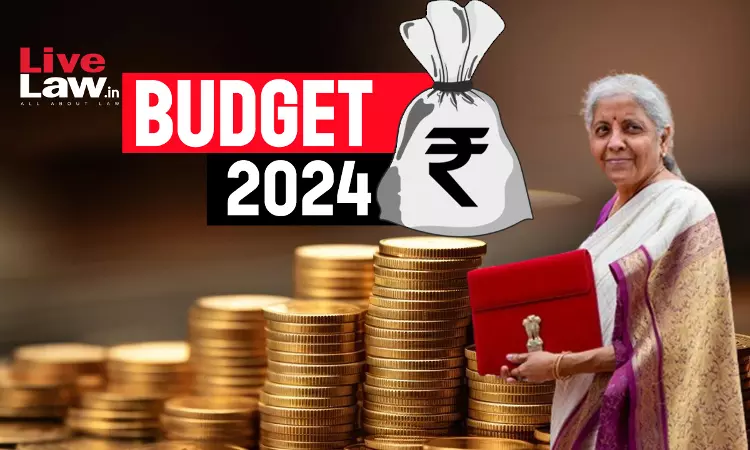The Union Finance Minister Nirmala Sitharaman has proposed Vivad Se Vishwas Scheme 2024 for settling income tax disputes pending in appeal. The Finance Minister has also proposed that the monetary limit for filing of appeals to Tribunals, High Courts and Supreme Courts by the tax authorities in respect of direct tax, excise and service tax has been increased to Rs. 60 Lakhs, Rs. 2 crores and...

